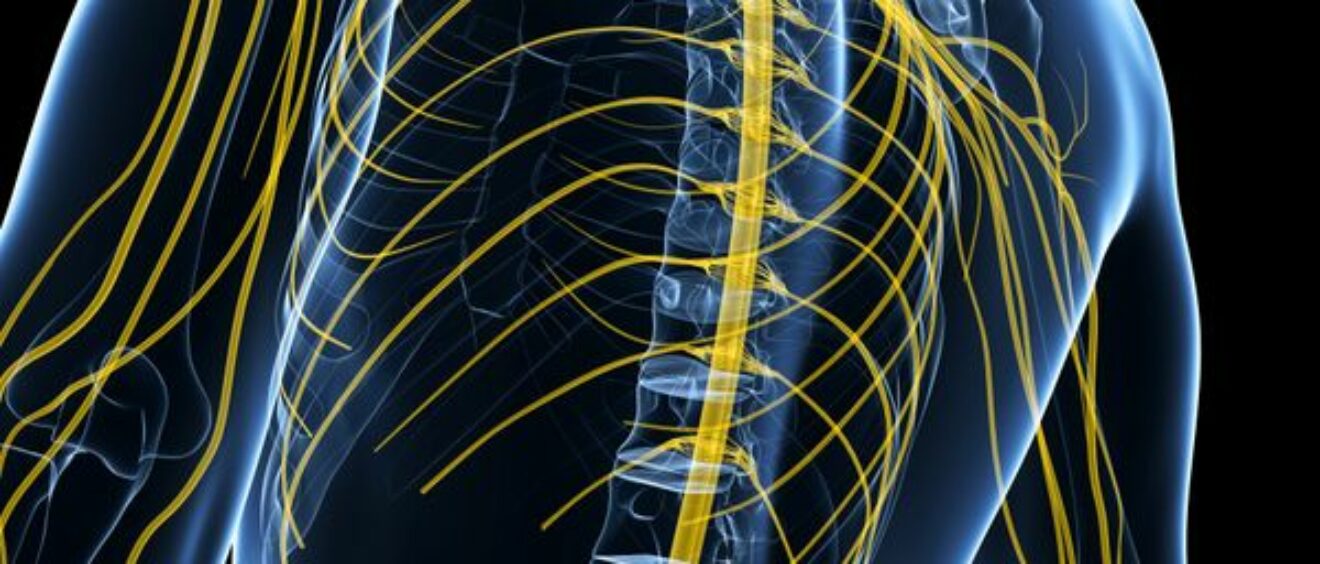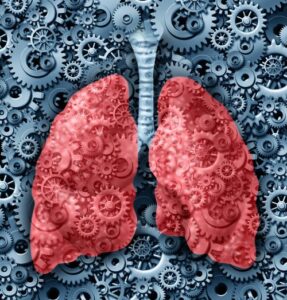
Yoga Can Be A Powerful Tool for Treating the Nervous System
By Andrew Beaumont, M.D., Ph.D., Viniyoga Teacher & Yoga Therapist
There are many neurological conditions that can zap a person’s energy, disrupt sleep, cause tremors and many other problems and symptoms. Andrew Beaumont, M.D., Ph.D., and Viniyoga teacher and yoga therapist, shares his expertise on how neurological conditions affect people and how yoga can help, whether with static problems or conditions that progressively worsen over time.
One of the most common neurological problems today is stroke, which can leave people permanently changed. Other common neurological conditions we see are Parkinson’s Disease, Multiple Sclerosis, seizures, dementia, tremors and lasting effects from severe brain injury. Also after Covid, we are seeing a neurological post-covid syndrome, which can include neuropathy and brain fog.
Neurological conditions can affect any part of the nervous system. The most difficult symptoms to deal with are:
- weakness in the arms and legs
- numbness
- difficulty with balance and coordination
- pain
People can also have problems with bowel and bladder function, or may lose senses such as vision and hearing. They can also develop difficulty with communicating because of problems with producing speech or understanding it. Memory can also be significantly affected. The main neurological symptoms can also cause secondary problems. Walking with a limp, for example due to leg weakness, can put strain on the hips, causing hip pain and accelerated arthritis. Neurological problems may not directly affect the mind or emotions (although they can), but it is easy for someone with a neurological problem to become depressed, or to lose hope and become withdrawn and distant from their family and friends—a problem which is secondary to their loss of function or perceived disability.
Yoga, including Asana, Pranayama and Meditation, can be a powerful tool to use to help treat the nervous system.
In the case of a static problem, exercise such as yoga can be helpful to try to get stronger and better. In the case of progressively worsening conditions, yoga might be more useful to help slow the decline.
Asana, the system of yoga poses, can challenge the body in a number of ways related to bones, joints and muscles. Balance and coordination can be challenged and practiced.
Beyond asana is the work of Pranayama. We know that breath techniques can interact with the nervous system directly. Breath work can serve to both increase and decrease energy within the nervous system; it can calm a troubled mind, increase focus and attention and even open the mind to new ideas.
Many diseases of the nervous system are symptomatically worse when the nervous system is overworked and overwhelmed. Pranayama can help increase the resilience of the nervous system, and allow it to work better despite the stress it is facing.
Yoga also teaches techniques of Meditation. These are techniques that can really help calm the inner narrative and cognitively reframe problems and worries. Meditation allows the mind to think with better clarity and to remove itself from day to day stress. So yoga can help neurological problems at the level of the physical being, the physiology of the organism and at the mental level, all of which are powerful for someone suffering from a neurological problem.
If you have a neurological condition and are interested in trying yoga to either help recover, or to help slow the progression, then it is really important to find a yoga teacher that has some training and background in therapeutic yoga. Some yoga teachers have advanced training that qualify them as yoga therapists, and these teachers will have had direct training and experience in the use of yoga to treat neurological conditions. Some places offer specific classes targeted towards people with neurological conditions and these can also be very powerful. As well as the benefits of yoga, there is the benefit of the shared experience with other people going through what you are going through.
Learn More About Our Certified Yoga Therapists HERE



